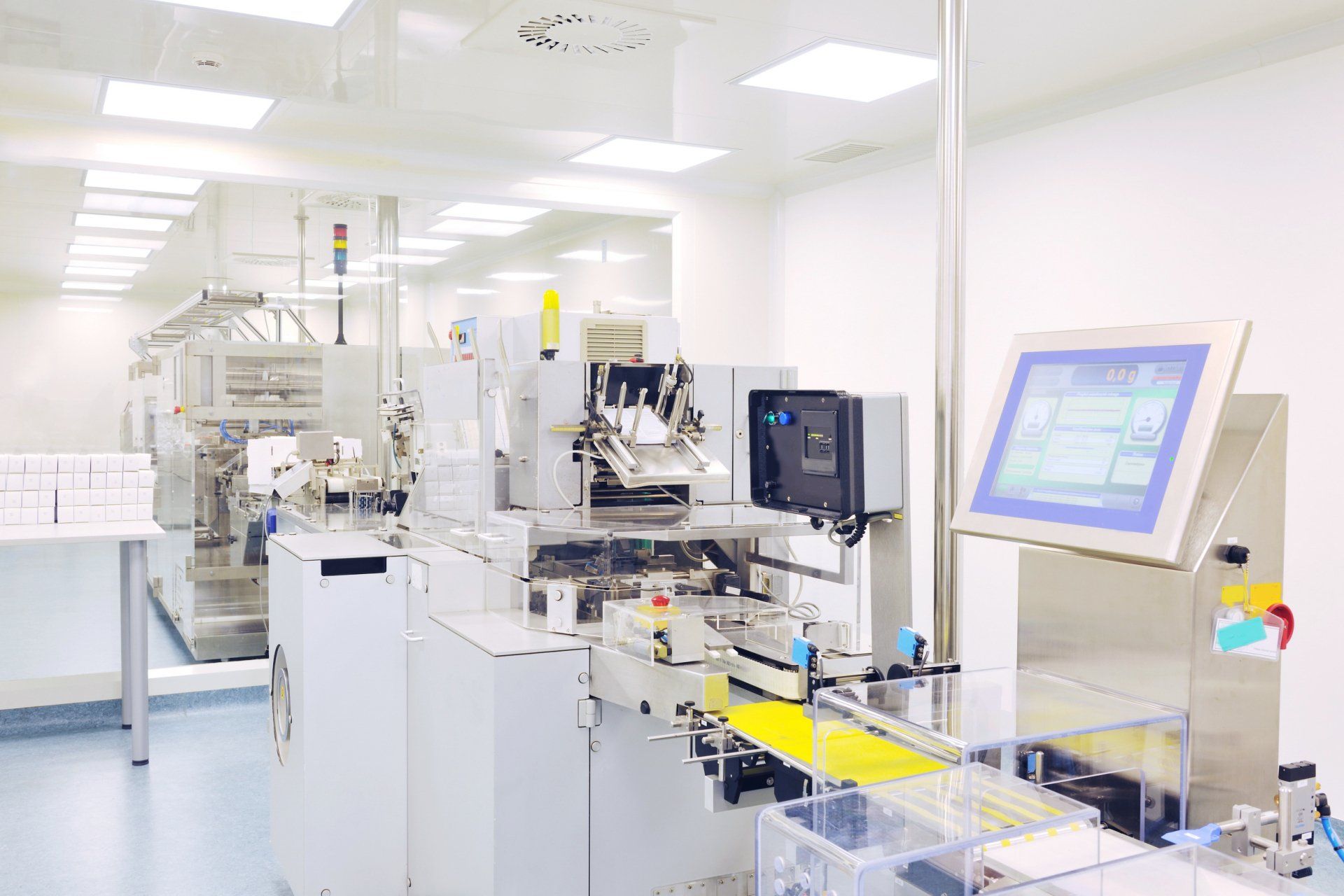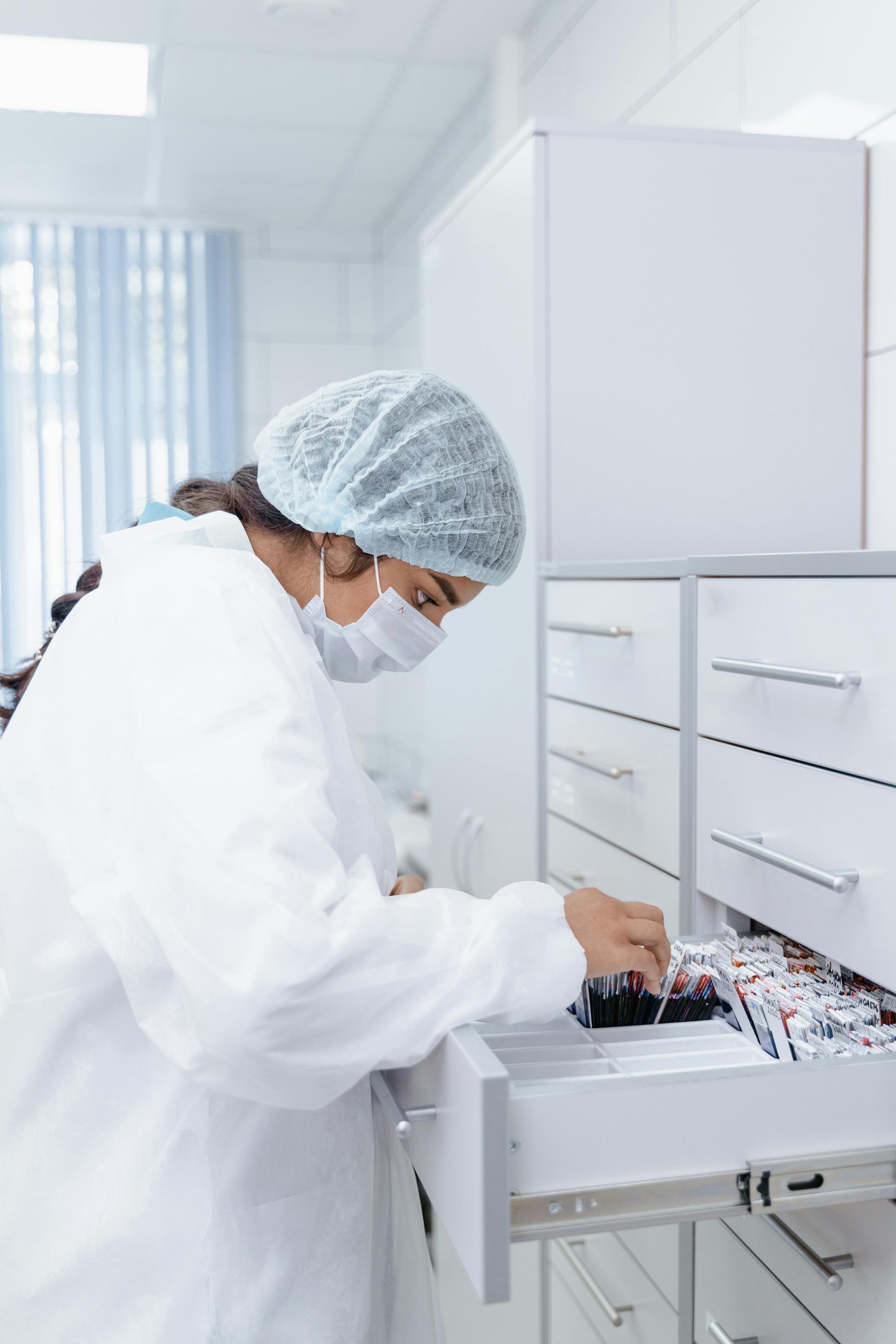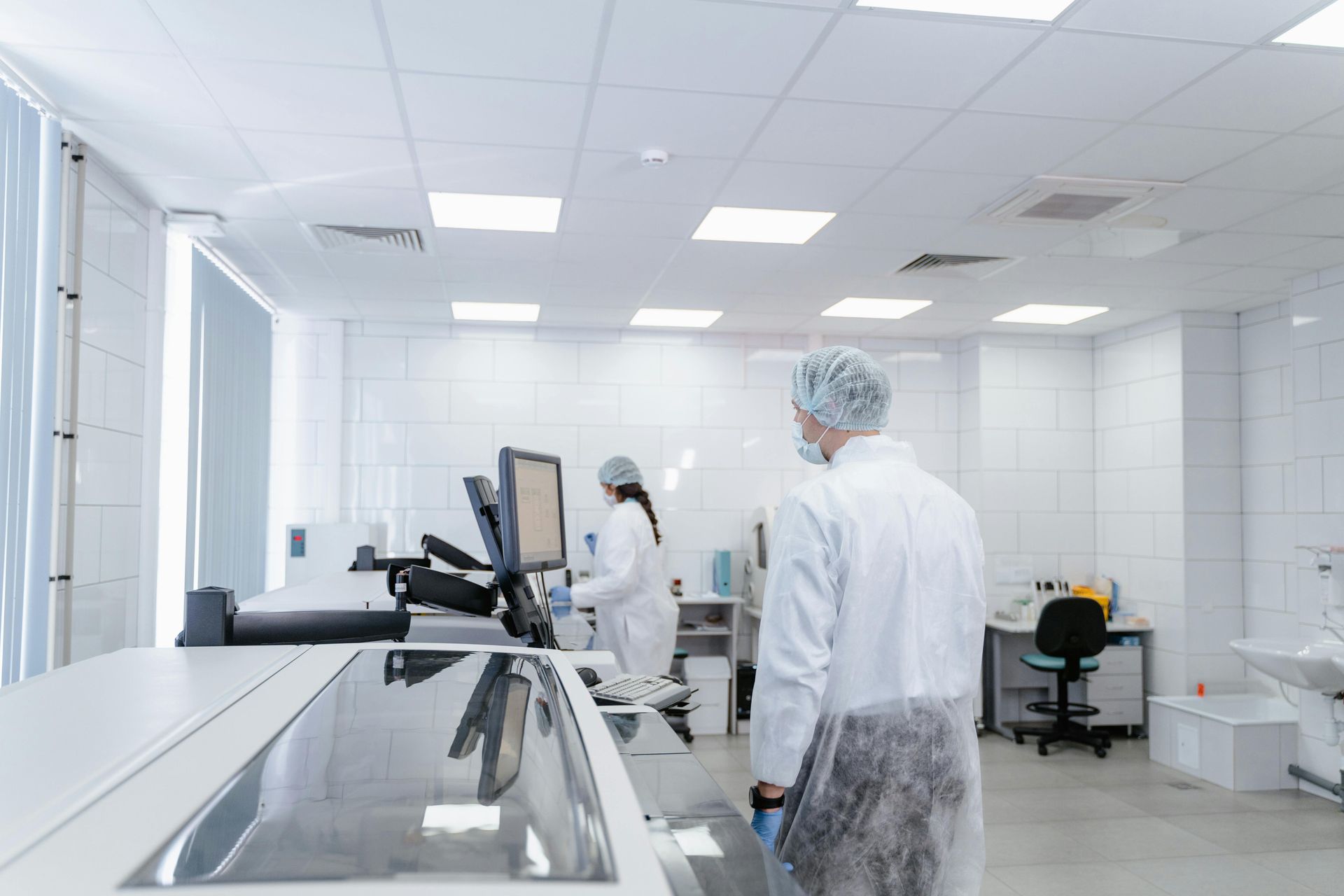What Skills Do You Need To Thrive In Medical Device Compliance Career
Medical device manufacturers face a wide range of compliance regulations, creating the need for medical device compliance to ensure all processes meet these regulations and are properly documented.
Medical device compliance jobs are crucial for any organization in the field.
Individuals with the medical device certifications can fill these roles and protect companies and end-users alike.
What skills do you need for a successful career in the medical device compliance industry? Keep reading to learn the training, knowledge, and expertise necessary to begin and thrive in this evolving specialty in the medical device industry.

Introduction to the Medical Device Compliance Industry
Compliance with multiple regulations is required throughout the medical device sector. New regulations have emerged, and existing frameworks have recently evolved to ensure all medical devices operate as designed — otherwise, the patient’s health can be jeopardized.
Failing to comply with applicable regulations can result in fines and penalties that can significantly disrupt operations. As a result, there’s a growing demand for medical device regulatory compliance experts to protect consumers and the organization.
Professionals involved in medical device compliance must be well-versed in all applicable regulatory frameworks when creating benchmarks for product testing, documentation, and manufacturing processes.
1. Understanding Regulatory Frameworks
Regulatory frameworks are the guiding blueprints that outline the standards, requirements, and guidelines medical devices must meet before being provided to end-users. These frameworks are carefully developed by regulatory bodies and industry experts to ensure that medical devices are safe, effective, and of the highest quality.
Medical device compliance training requires understanding regulatory frameworks, including documenting necessary information and generating audit reports.
The most essential skill for anyone in this field is having an in-depth understanding of regulatory frameworks. TheU.S. Food and Drug Administration’s Center for Devices and Radiological Health (CDRH) regulations and
the European Union Medical Device Regulation (EU MDR) are crucial frameworks to understand.
Both of these frameworks work similarly and regulate vital elements of medical device manufacturing, including:
- Quality concerns related to product design
- Data validation
- Documenting clinical trials
- Regulatory filings
Depending on your organization's operational jurisdictions, you may need to learn additional frameworks. It’s common for compliance experts to need to be familiar with not just one country's regulations but multiple international standards, as devices might be marketed across borders.
A thorough understanding of all applicable regulations enables professionals to prevent medical device compliance issues and ensure all devices on the market consistently meet the highest standards of care and safety.
2. Knowledge of Quality Management Systems
Quality Management Systems (QMS) involve processes and technologies that allow organizations to better understand manufacturing processes to improve medical devices and prove compliance with applicable regulations.
You’ll need a comprehensive understanding of QMS to thrive in this career, as these systems are necessary to ensure medical devices meet strict regulatory and safety standards.
The key components of a QMS form the foundation for ensuring compliance in the industry, which include:
- Thorough documentation
- Controlled processes
- Clear performance metrics
- Mechanisms for continuous improvement
Compliance professionals need to learn these elements inside and out for theoretical knowledge and practical application. This knowledge allows you to navigate and address complex compliance issues efficiently, ensuring that medical devices are safe and effective for patient use.
Thorough QMS knowledge is a cornerstone for success in a
medical compliance career due to the potential health implications and strict regulations in the medical device industry.
3. Risk Management Expertise
The world ofmedical device certification and compliance is known for its complexities, and the consequences of oversight can directly impact patient safety and health. The device manufacturer may also face fees and penalties if patient safety is affected.
That’s why risk management is not just an administrative procedure — it's a crucial practice to protect both patients and manufacturers. Effective risk management serves as the first line of defense against potential product failures or malfunctions that could adversely affect patient outcomes.
Compliance professionals will need a range of risk management processes and techniques, which may include some of the following:
- Failure Mode and Effects Analysis (FMEA)
- Fault tree analysis
- Risk-benefit analyses
These strategies allowmedical device compliance experts to ensure that potential hazards are identified, assessed, and mitigated — all in an effort to make sure devices on the market meet the highest standards of safety and effectiveness.
4. Strong Analytical and Problem-Solving Skills
A career inmedical device certifications and compliance will significantly benefit from an analytical mind and exceptional problem-solving abilities.
Professionals in this role frequently face dense regulatory texts and standards that demand meticulous analysis due to the intricacy of medical device manufacturing regulations.
Strong analytical skills enable these experts to break down and interpret these complex regulations and make sure that no detail is overlooked. Additionally, they’ll be ready to hone in on compliance gaps in current processes, which may otherwise lead to breaches, costly fines, or jeopardize patient safety.
Problem-solving is also crucial for thriving in this career. The landscape of medical device compliance is not static — regulations evolve, and new challenges emerge. As a result, medical device compliance professionals need specialized problem-solving strategies and techniques.
These skills may involve root cause analyses on a range of compliance concerns, addressing regulatory ambiguities, or implementing corrective actions to make sure compliance is maintained.
Ultimately, a blend of analytical thinking and problem-solving is essential for those striving to excel inmedical device compliance and certification.
5. Effective Communication and Collaboration
While technical skill is necessary, effectively communicating and collaborating is just as necessary to succeed as a medical device compliance expert.
Compliance involves various stakeholders, including research and development teams, manufacturers, regulatory bodies, and end-users. Effective communication ensures that all involved groups understand the intricacies of compliance requirements, vital to ensuring device safety and efficacy.
Communication is not just about relaying information but doing so in a clear, concise, and actionable manner. Additionally, collaboration is crucial in streamlining processes and creating a unified approach towards compliance goals.
How can compliance experts communicate effectively? Tailoring the message to the audience when conveying compliance requirements to different stakeholders is essential. Let’s quickly review the following examples to see how communication varies based on the audience:
- For R&D teams, a deep dive into the technical aspects might be warranted, such as explaining the 'why' behind each requirement.
- Focusing on the practical implications and procedural adjustments might be more beneficial for manufacturing plants.
- You’ll likely require a more formal communication approach for regulatory bodies, detailing adherence procedures and providing evidence of compliance.
- Meanwhile, end-users or the general public will benefit from simplified, jargon-free explanations highlighting the importance of such standards for their safety.
You can see how mastering the art of effective communication and collaboration is crucial for any professionals in the medical device compliance field — you’ll make sure all stakeholders are working together to deliver safe and compliant medical devices.
Conclusion and Next Steps
The medical device compliance sector is growing rapidly and needs trained, certified professionals to fill compliance roles. You’ll be involved throughout the manufacturing process, process reports, ensure the right quality management systems are in place, and work with other teams to keep your organization compliant.
Medical device compliance certifications prepare you for working in this industry and show potential employers that you’re ready to help keep them compliant.
CfPIE is an industry leader inmedical device compliance certification designed to prepare you for working in the field. Are you ready to get started in this growing field or upskill your employees?Learn more about our program today to see how our programs can help.
Blog Categories
Stay Informed


